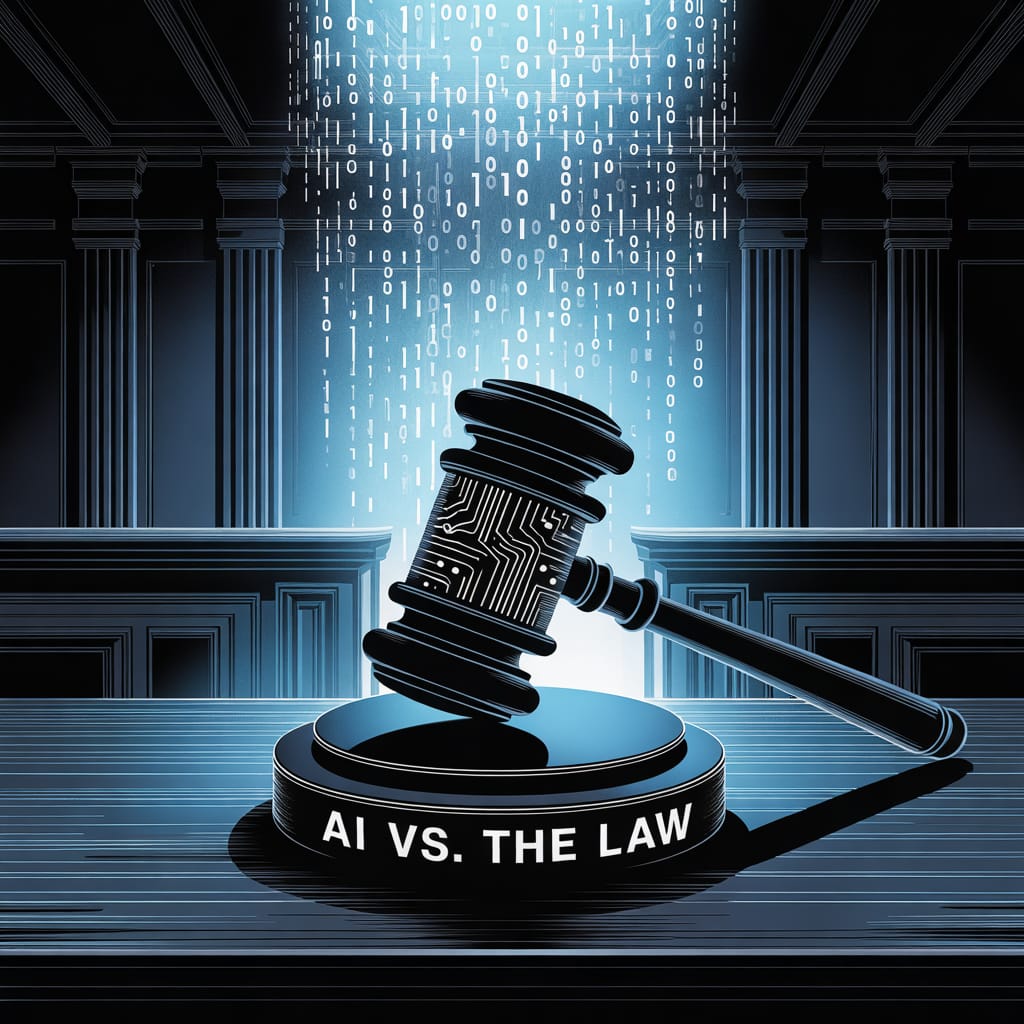The Impact of AI Technologies on Methodologies and Approaches in Anthropological Research
Abstract: The integration of AI technologies in anthropological research has brought about significant transformations in the field’s methodologies and approaches. This paper explores the implications of the increasing use of AI in anthropology and its influence on various aspects of research practices. By examining specific examples and discussing key trends, this study sheds light on how AI technologies have shaped the way anthropologists collect, analyze, and interpret data, leading to novel insights and expanding the scope of anthropological inquiry.
Question: How is the increasing use of AI technologies in anthropological research impacting the field’s methodologies and approaches?
The advent of AI technologies has opened up new possibilities for anthropologists, enabling them to tackle complex research questions and process large-scale datasets more efficiently. This paper delves into the ways in which AI has impacted methodologies and approaches in anthropological research, highlighting both the advantages and challenges that arise from its integration.
Data Collection
AI technologies have revolutionized data collection methods in anthropology. Automated data gathering tools, such as web scraping and social media analytics, offer anthropologists access to a wealth of digital ethnographic data. This has expanded the range of cultural phenomena that can be studied and has enabled the examination of online communities and digital cultures.
Data Analysis and Processing
The use of AI algorithms and machine learning techniques has streamlined data analysis processes in anthropology. AI-powered tools can identify patterns, correlations, and trends within vast amounts of ethnographic data, textual sources, and multimedia materials. This allows anthropologists to derive insights and make connections that might have been challenging or time-consuming using traditional analytical approaches.
Cross-Cultural Understanding and Collaboration
AI technologies facilitate cross-cultural understanding and collaboration within anthropology. Language translation tools, sentiment analysis, and image recognition algorithms assist researchers in analyzing diverse cultural materials and communicating with research participants from different linguistic backgrounds. This fosters greater inclusivity and broadens the potential for cross-cultural collaborations.
Ethical Considerations
The integration of AI in anthropological research also raises ethical considerations. Privacy, informed consent, and algorithmic biases are among the key ethical concerns. Anthropologists must navigate these challenges carefully to ensure that the use of AI technologies respects the rights and well-being of research participants, and that algorithmic decision-making processes are transparent and fair.
Conclusion
The increasing use of AI technologies in anthropological research has had a profound impact on the field’s methodologies and approaches. From data collection and analysis to cross-cultural understanding and ethical considerations, AI has transformed the way anthropologists engage with their research subjects and generate knowledge. While recognizing the benefits of AI, it is crucial for anthropologists to navigate the associated ethical challenges and ensure that the integration of AI technologies aligns with the principles of cultural sensitivity, inclusivity, and responsible research practices.
Examples of AI-inspired insights
Here are a few examples of AI-inspired insights in the field of anthropology:
Cultural Pattern Identification
AI algorithms can analyze large datasets and identify hidden patterns in cultural practices and behaviors. For example, using machine learning techniques, anthropologists have discovered subtle variations in traditional dance movements across different regions, revealing distinct cultural influences and historical connections that were not previously recognized.
Language Evolution and Contact
AI-powered language analysis has provided insights into the evolution of languages and the influence of cultural contact. By examining linguistic features in texts and speech samples, researchers can track language shifts, borrowing of vocabulary, and linguistic convergence, contributing to our understanding of cultural interactions and historical developments.
Social Network Dynamics
AI algorithms can analyze social network data to uncover social dynamics within communities. Anthropologists have used network analysis to identify key influencers, social hierarchies, and patterns of social interaction in online communities, shedding light on how social networks shape cultural practices and information diffusion.
Cultural Bias Detection
AI tools can help detect biases in cultural representations within various media forms. By training machine learning models on large datasets of cultural content, researchers can identify biases in portrayals of gender, race, and ethnicity, highlighting the underlying cultural assumptions and power dynamics at play.
Environmental Impact Assessment
AI-driven analysis of satellite imagery and sensor data has enabled anthropologists to assess the impact of human activities on the environment. By monitoring changes in land use, deforestation rates, or pollution levels, researchers can understand the ecological consequences of cultural practices and provide evidence for conservation efforts and sustainable development.
These examples demonstrate how AI-inspired insights in anthropology go beyond traditional methods, enabling researchers to uncover new dimensions of cultural practices, social dynamics, language evolution, and environmental impacts. AI technologies offer valuable tools for anthropologists to augment their research capabilities and generate fresh perspectives on the complexity of human cultures.

Shop Corner
AI and Anthropology on Amazon
Have a fantastic day, and continue enriching your own knowledge!
Source OpenAI’s GPT language models, Fleeky, MIB, & Picsart





